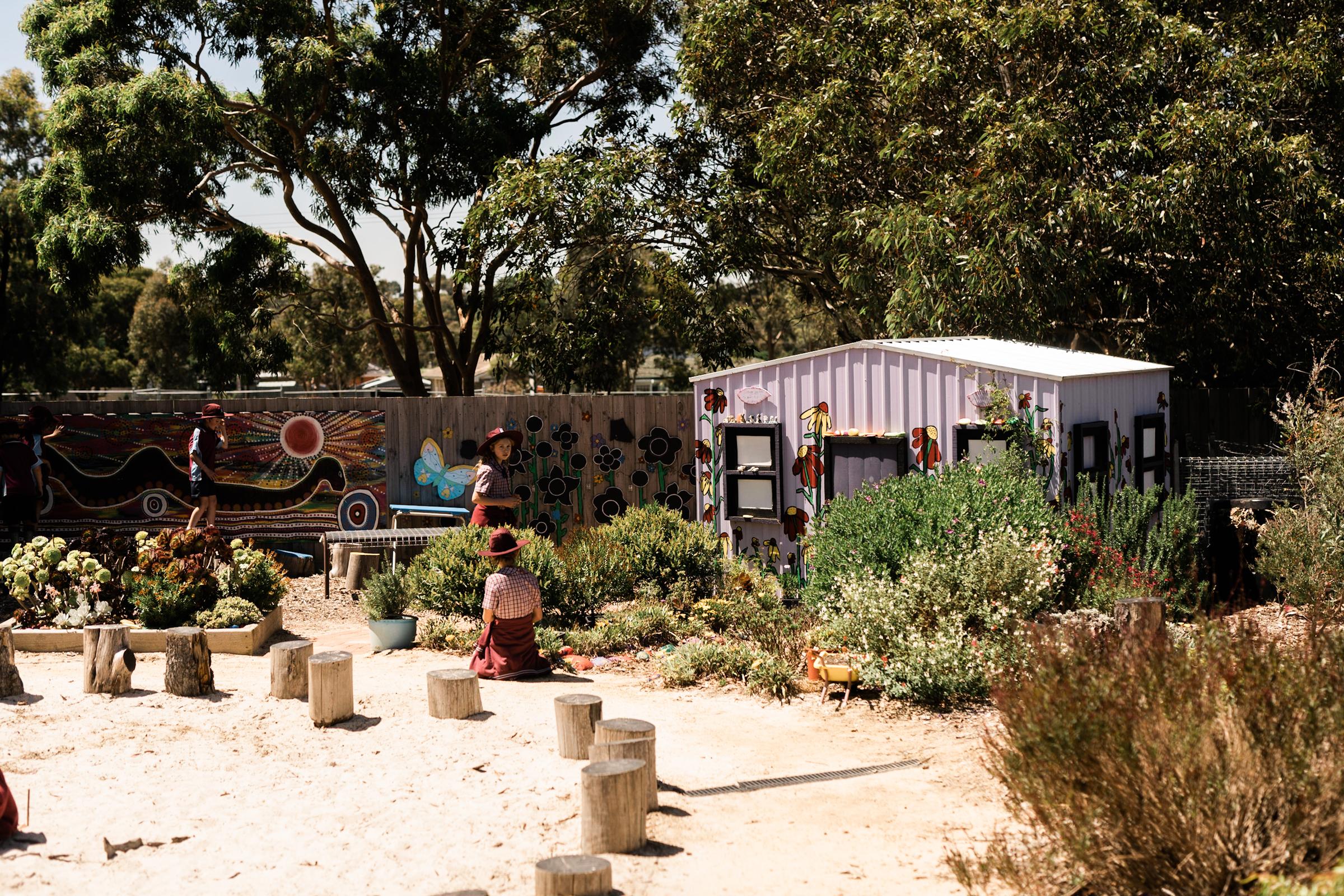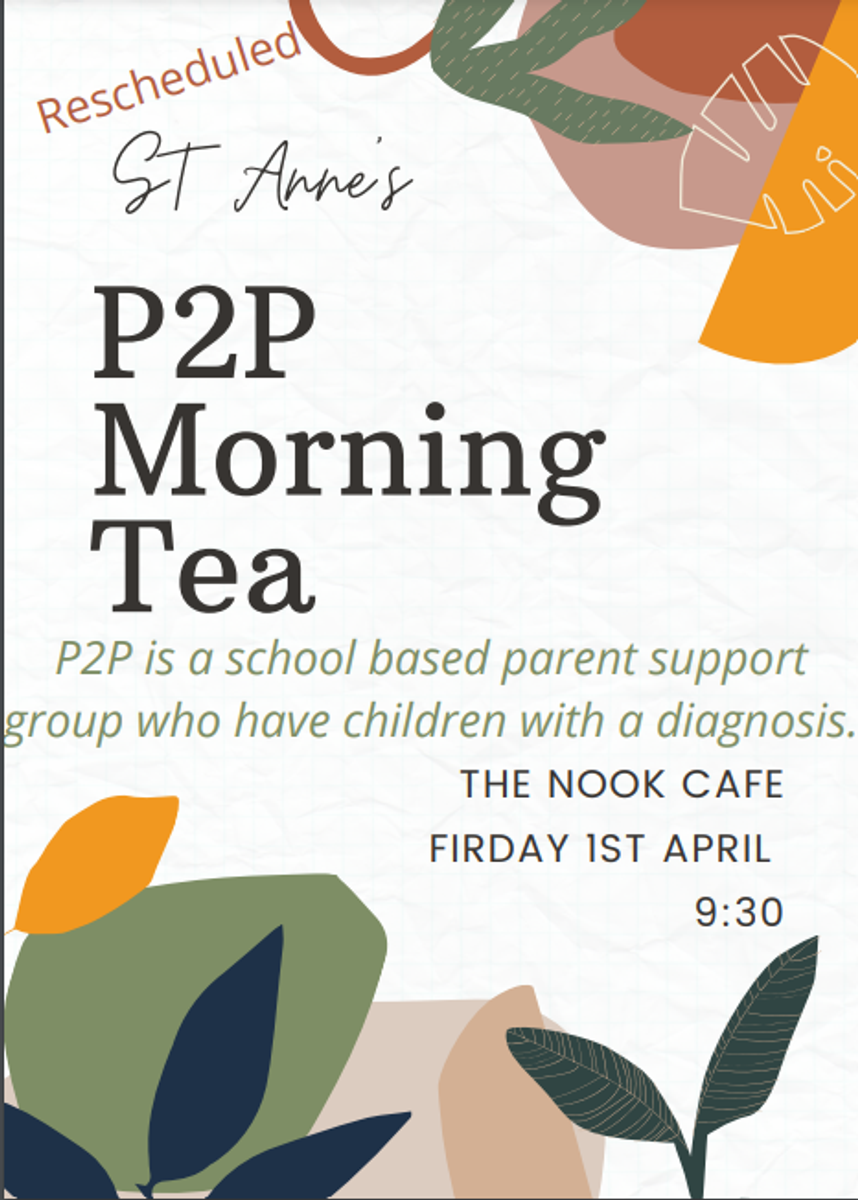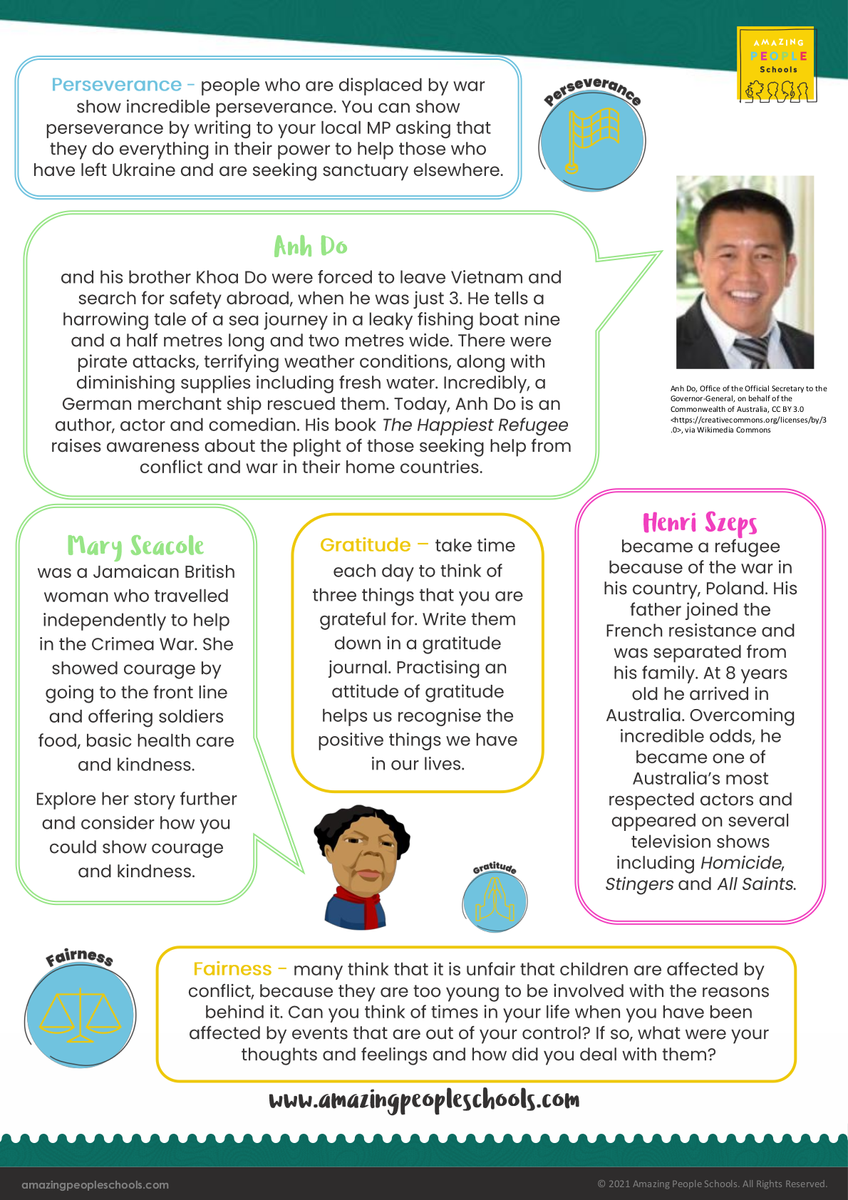Wellbeing News

Harmony Day
Last week we recognised Harmony Day by wearing a touch of orange. Many thanks to those who dressed up. Conversations within the classroom were rich as children discussed their own heritage and cultural influences that have become part of their own family story. Our challenge is to keep these conversations alive and highlight the respect we need to show to all people. This continues to be a focus within the school and while we recognise the ‘talk’ , learning to show our respect through our actions can be more challenging. A parent once asked, “How many times do I need to keep reminding them?” The answer is simple - until they get it! We can help our children to understand the concept of respect by modeling it ourselves and highlighting to your children that, that is how you show respect. Teaching respectful behaviour and identifying behaviours that are not respectful is when it takes the village to raise a child. So in saying that, let us all work together and share the same talk about our school values Respect, Responsibility, Resilience and Safety.
P2P Support Group
P2P is a St Anne’s parent group support group. This group has been specifically set up to support parents of students who have a diagnosis. Parents are able to share stories, offer advice and recommend relevant key workers and therapists. We would like to invite parents to a morning tea, joining members of the Wellbeing Team with a coffee at The Nook on Friday 1st April at 9:30. Feel free to contact Monique, Kristie or Sue if you have any questions.
Supporting our Children with the World Events
The last few weeks of The News has been quite daunting and upsetting - floods, war and of course Coronavirus. We need to be mindful of what our children are hearing and watching, as we don’t always know how they are internalising and feeling. Limiting access to the TV news and radio can be helpful. Checking in with your child about what they have heard and knowing their thoughts and concerns allows you as the parent to address and alleviate some of their fears by answering honestly at an age appropriate level. Attached are two articles to help you guide your child.
How to Talk to Your Child About the News
Children hear about what's going on in the world through social media, friends, or adult's conversations. Sometimes the news is uplifting — like kids their age taking a stand on social or environmental issues. Other times, children may worry about current events and need an adult to help make sense of what's happening.
Help your child understand the news and feel more at ease by taking these steps:
Find Out What Your Child Already Knows
- Ask your kids questions to see if they know about a current event. For school-age kids and teens, you can ask what they have heard at school or on social media.
- Consider your child's age and development. Younger kids may not grasp the difference between fact and fantasy. Most kids realize the news is real by the time they are 7 or 8 years old.
- Follow your child's lead. If your child doesn't seem interested in an event or doesn't want to talk about it at the moment, don't push.
Answer Questions Honestly and Briefly
- Tell the truth, but share only as much as your child needs to know. Try to calm any fears and help kids feel safe. Don't offer more details than your child is interested in.
- Listen carefully. For some kids, hearing about an upsetting event or natural disaster might make them worry, "Could I be next? Could that happen to me?" Older kids may have lots of questions. Focus on what your kids ask so you can help them cope with their fears. An adult's willingness to listen sends a powerful message.
- It's OK to say you don't know the answer. If your child asks a question that stumps you, say you'll find out. Or use age-appropriate websites to spend time together looking for an answer.
Help Kids Feel in Control
- Encourage your child to talk. If your child is afraid about what's going on, ask about it. Even when kids can't control an event — like a natural disaster — it can help them to share their fears with you.
- Urge teens to look beyond a news story. Ask why they think an outlet featured a frightening or disturbing story. Was it to boost ratings and clicks or because the story was truly newsworthy? In this way, a scary story can be turned into a discussion about the role and mission of the news.
- Teach your children to be prepared, not panicked. For example, if the news is about a natural disaster, make a family plan for what you might do. If an illness is spreading, talk about ways to protect yourself and others.
- Talk about what you can do to help. After a tragic event, finding ways to help can give kids a sense of control. Look for news stories that highlight what other people are doing.
- Put news stories in context. Broaden the discussion from a specific news item about a difficult event to a larger conversation. Use it as a way to talk about helping, cooperation, and the ways that people cope with hardship.
Limit Exposure to the News
- Decide what and how much news is appropriate for your child. Think about how old your kids are and how mature they are. Encourage them to take breaks from following the news, especially when the topics are difficult.
- Keep tabs on the amount of difficult news your child hears. Notice how often you discuss the news in front of your kids. Turn off the TV so the news is not playing in the background all day.
- Set limits. It's OK to tell your kids that you don't want them to have constant exposure and to set ground rules on device and social media use.
- Watch the news with your child and talk about it. Turn off a story if you think it's not appropriate for your child.
Keep the Conversation Going
- Talk about current events with your child often. Help kids think through stories they hear – good and bad. Ask questions like: "What do you think about these events?" or "How do you think these things happen?" With these types of questions, you can encourage conversation about non-news topics.
- Watch for stress. If your child shows changes in behavior (such as not sleeping or eating, not wanting to be around people, or worrying all the time), call your child's doctor or a behavioral health care provider. They can help your child manage anxiety and feel better able to cope.
Taken from Kids Health Reviewed by: Meghan T. Walls, PsyD Date reviewed: July 2020https://kidshealth.org/en/parents/news.html



